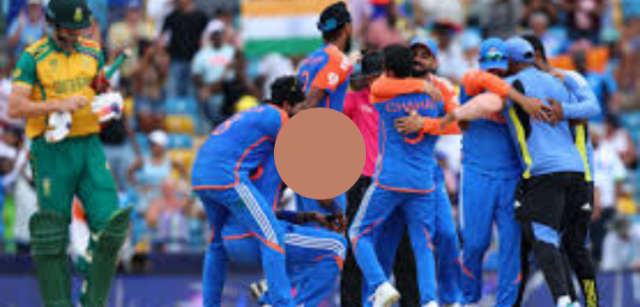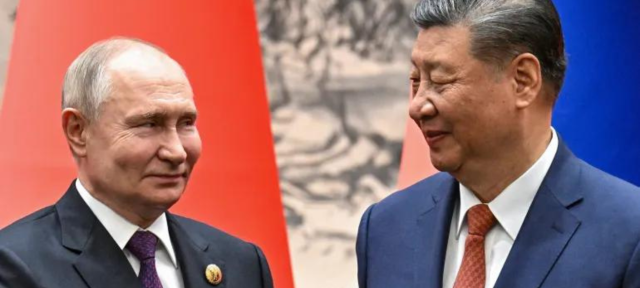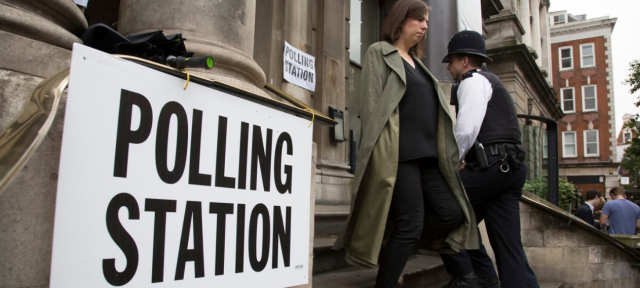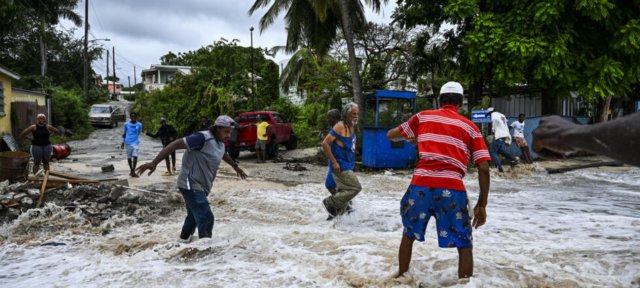The two remaining candidates contending for the Iranian presidency, Saeed Jalili and Masoud Pezeshkian, present distinct visions for the nation’s future. Despite their differing views, experts believe these differences are unlikely to result in significant changes to Iran’s foreign policy. Pezeshkian, a former health minister and surgeon, secured the most votes in the initial election but fell short of the required majority, necessitating a runoff against Jalili on July 5. Friday’s snap election aimed to choose a successor to President Ebrahim Raisi, who tragically died in a helicopter crash in late May.
Pezeshkian stands out as the sole non-conservative candidate in the race, enjoying support from reformists like former Foreign Minister Mohammad Javad Zarif. This backing suggests Pezeshkian would prioritize a reformist foreign policy agenda, particularly focusing on renegotiating a nuclear deal to lift sanctions and ease tensions with the West, originally agreed upon during Hassan Rouhani’s centrist presidency in 2015.
Read more: Iran Presidential Election Heads to Runoff After Reformist Leads Voting
Conversely, Jalili is viewed as a staunch representative of conservative politics. His potential victory, backed by other conservative candidates from the first round, would likely lead to a more confrontational stance towards the West, particularly the United States. Jalili, who served as Iran’s chief nuclear negotiator from 2007 to 2012, has consistently opposed discussions or compromises regarding Iran’s uranium enrichment program, a stance he maintained during negotiations for the 2015 nuclear deal.
However, regardless of the election’s outcome, Iran’s president operates within constrained parameters. The Supreme Leader Ayatollah Ali Khamenei and the Islamic Revolutionary Guard Corps (IRGC) hold significant sway over foreign policy decisions. This limited mandate has contributed to low voter turnout in Friday’s election, historically low since Iran’s 1979 Islamic Revolution, as many voters are skeptical of the potential for substantial change through presidential elections alone.
The next president, whether reformist or conservative, will need to navigate Iran’s complex internal dynamics and external challenges, including regional tensions and the lingering impact of Western sanctions. While the president can set the tone for nuclear negotiations and engage with the West, the broader direction of Iran’s foreign policy remains heavily influenced by institutional forces beyond presidential authority.






